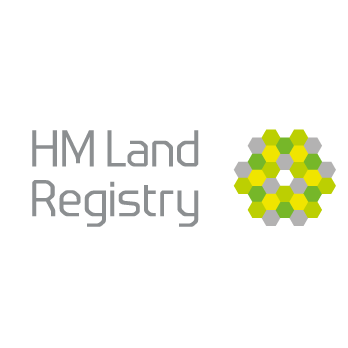
Registering your Property at the Land Registry
Is it time to register your property at the Land Registry?
Unless you purchased your property, or have taken out a mortgage, in the last 30 years – chances are your property is not registered.
HM Land Registry has safeguarded land and property ownership in England and Wales since 1862. Currently the The Land Register contains more than 25 million titles showing evidence of ownership for more than 85% of the land mass of England and Wales.
Although it is not compulsory to register your property until you sell, transfer, or take out a mortgage there are many advantages to doing this now.
- Cost. If you register your property voluntarily you will be charged a reduced fee by the Land Registry (£70 saving based on property worth £250,000). The legal costs associated with selling a property that is not registered at the Land Registry also tend to be higher due to the complexity of the title and the extra work involved. It is also common for the transaction to take slightly longer if your property is unregistered.
- Proof of Ownership. Registering your property at the Land Registry should provide you with absolute title (on the basis that you have a full set of title deeds with no gaps in legal ownership) i.e. unequivocal proof of ownership and will instantly reduce the risk of any deeds becoming lost or destroyed.
- Reduces your risk of Property Fraud. You are less likely to be a target for property fraud. An unregistered property is at a higher risk of being the subject of a fraudulent transaction. If you ever suspect that you are a victim of property fraud contact HM Land Registry property fraud line (0300 006 7030) or email: reportafraud@landregistry.gov.uk.
- Prevents Squatters Rights. If your property is registered the Land Registry will notify you if squatters apply for legal ownership of your property. You have 65 days to object. If your property is not registered the Land Registry may not be able to notify you and the application will go unchallenged.
- Gets your Estate in order. It is also worth adding to your list if you are looking to get your estate in order as a registered property asset is simpler to transfer than an unregistered property asset. Again the transfer in this situation will trigger compulsory first registration and a higher registration fee will apply.
For further details about registering your property with the Land Registry, or to check whether your property is in fact registered, please contact our Residential Property Team. James Dunn, head of commercial property, can be contacted on 01535 613691.
4 October 2018


